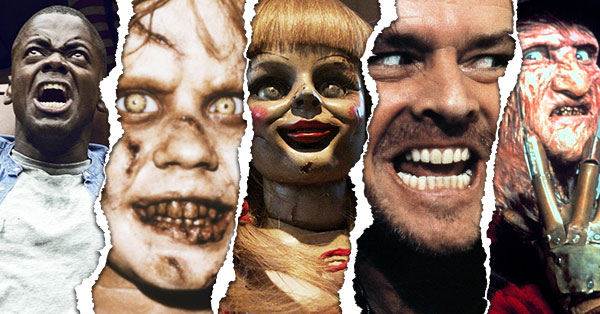
Horror Movies Are No Longer Scary; Unless You Want Them To Be
With the multiple categories of movies available for viewers to consume, it may be a bit challenging to define what will be entertaining clearly. As with everything else in life, what one may find entertaining, another may find boring. No matter the effort a filmmaker puts into a movie with a G category; it never turns out to be generally accepted. This difficulty in ascertaining what will entertain is the same with genres. One may be a fan of films that will make them laugh, but some may lean into Rom-Coms more than they would with a Charlie Chaplin-style comedy. What about horror movies? What one may define as scary, another may be indifferent. Some would instead watch a Freddie Kruger kind of horror over the zombie-style or walking-dead kind.
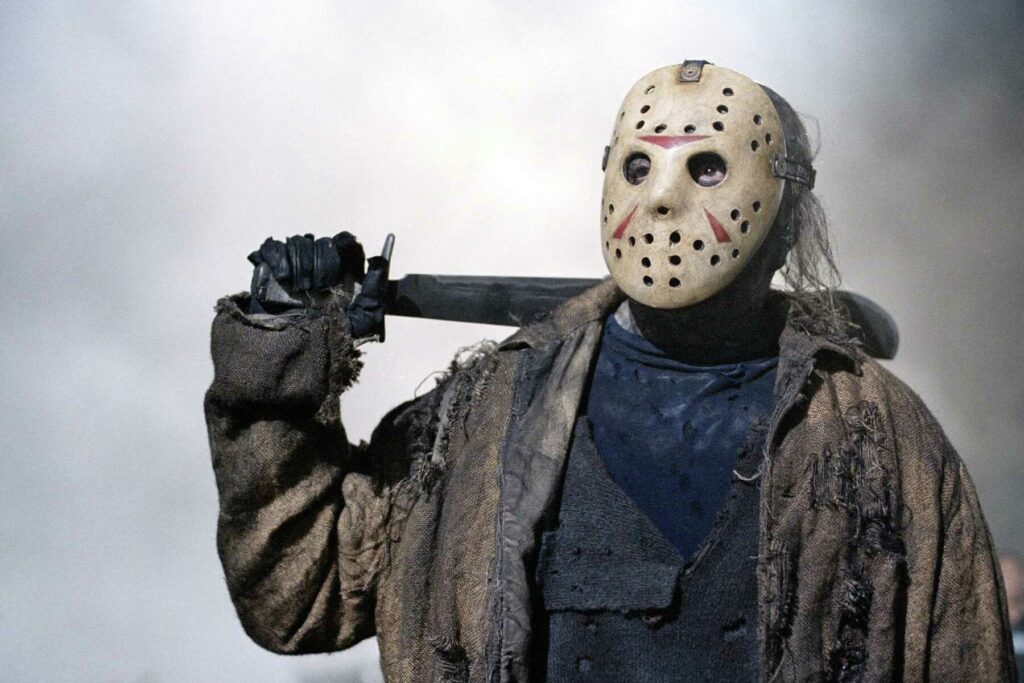
But what is a horror movie meant to do? According to Mirriam-Webster, Horror means intense fear, dread, or dismay; an additional meaning is “an intense aversion or repugnance.” If we want to keep things simple, we are looking for something that will make us afraid when we think of horror movies. Depending on how old you were when you watched William Peter Blatty’s 1973 version of The Exorcist, it probably invoked fear in you. But if you have grown, having the explicit knowledge that there is a camera crew behind every single object that can fit into your TV screen, you will probably need more than some voice distortions and 360 degrees head-turns to send shivers down your spine. In other words, beyond our differences in tastes, even within one particular movie genre, it is safe to say that what may have worked in time past may not have the same effect a couple of years later.
Besides the fact that the viewer grows up and knows too much about the world to get scared by visual distortions, changing technology in filmmaking also plays a significant role. The visual effects we see on screen these days are faultless; they look as natural as they would have been if the events on your screen were playing out in your bedroom. But this is the same way most viewers felt when watching Sam Raimi’s 1981 rendition of The Evil Dead. If you were born in the 60s or 70s and had watched this movie when it was released, you would have been repulsed by the excess blood and gore that filled your screen; but if you were to go ahead and watch it now, it would not have the same effect. Even for anyone born during the 90s or 2000s, this 1981 version will look a little outdated.
These days, some horror movies have a documentary-style film added to them to show you how the filmmakers made it. Does it help the viewer that there is public knowledge of all the visual effects and make-up required to create gory scenes on screen? Or does the viewer condition their mind to appreciate the art or effort that goes into making the film? At some point, it will have to be one of the two because if you watch an episode of The Walking Dead, you could be repulsed by all the gore. The only available mind response would be to convince yourself that the images you see on your screen are not authentic. This effort to convince oneself, in turn, will create an appreciation for the work on the part of the filmmaker to make you believe that these images are realistic enough to repulse you; this becomes the basis with which the viewer rates the level of fear that the movie evoked.
Many voices believe that horror movies are no longer scary, and this may be for a good number of reasons, but it all boils down to who is watching. There probably isn’t anyone watching a movie on this planet that does not know they are watching a good performance by great actors and top-of-the-range production. If you were genuinely afraid while watching a horror movie, then the filmmaker has done a fantastic job; the whole idea of make-believe is actually to make you believe! But what do you believe? That people’s bodies are genuinely getting ripped apart by zombies? There is a common saying that people who attend comedy shows are already unconsciously primed for laughter; those jokes may not have been as funny if you were listening to them and doing your laundry simultaneously. The same goes for horror movies; if one seriously dares a horror movie to scare them, instead of getting primed before watching, they will view it with an eye for analysis instead of absorbing any intended entertainment. For some of us, if it is happening within the four corners of a TV screen, it automatically lacks the ability to evoke fear; it only becomes an issue when the object starts coming out from your TV screen, as depicted in movies like Rings where the faceless girl in the well can crawl out of your TV and get you. Now that is scary!
4 thoughts on “Horror Movies Are No Longer Scary; Unless You Want Them To Be”
Comments are closed.

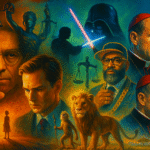
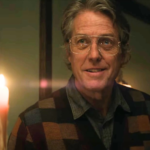





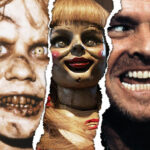


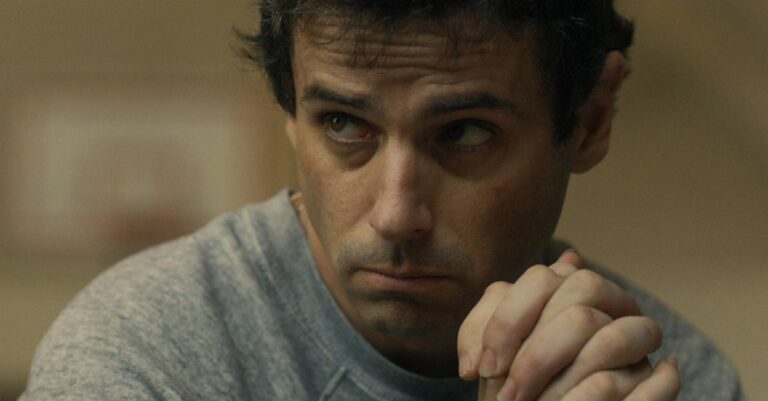
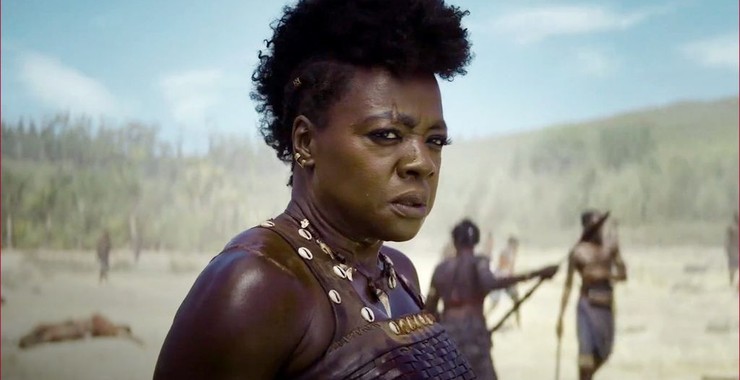
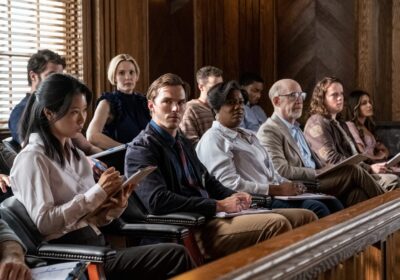
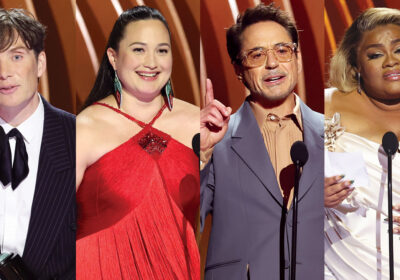
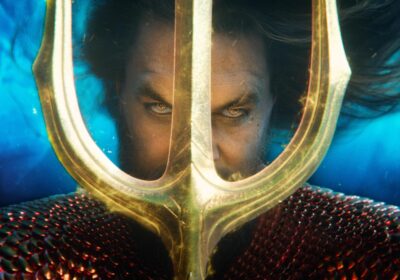
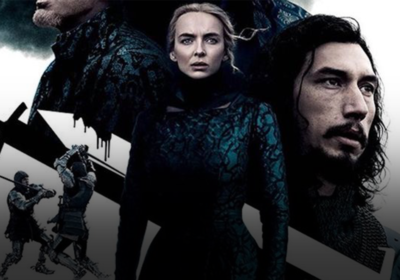
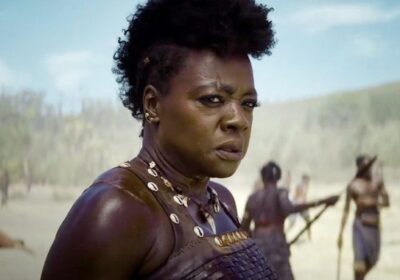
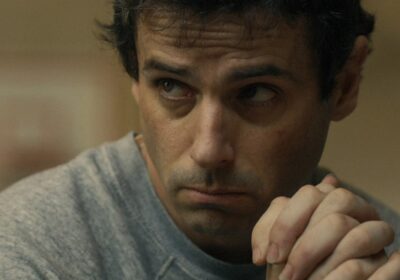
These days, the kind of horror movies that are being produced are lame. They tell you too many stories without actually any gore. I think that some of the so called horror movies that are out there should be downgraded to thrillers.
I do agree that there are some categories that are misplaced, but I think that there are certain things that compel filmmakers to give their movies certain categories. These may be the same standards that are set to ensure that movies are marked as age appropriate; for example, if there is a certain amount of blood or gore in a movie, you may be compelled to categorize it as a horror movie irrespective of the fact that the movie may have the storyline or plot of a thriller.
I would want to think that there is something about the old horror movies that I still find authentic when I compare them with the new ones we have out these days. I agree that all that blood spatter was a little unreal in the 1981 Evil Dead, but if you have seen the recent one, I think that you may find the older one a lot scarier. I do understand the whole idea of a pre-knowledge of the fact that the movie is a work of production as a factor in reducing the amount of fear that it will evoke, but isn’t that the same thing for all the movies out there? I feel like the moment that we get a hold of that remote control we are primed in some sort of way so we might as well immerse ourselves in whatever we are watching.
I absolutely agree that we are all primed in some sort of way the moment we choose to engage in any form of entertainment. Anticipation also plays a huge role in priming us.